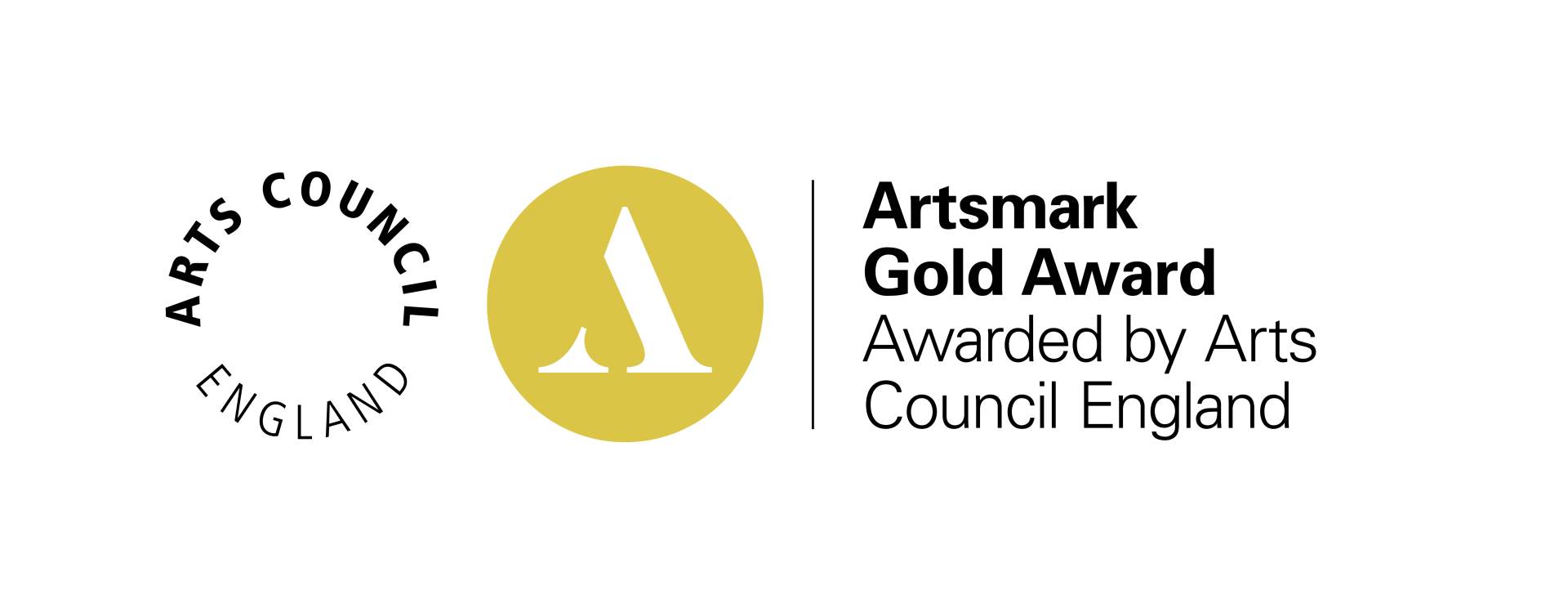Engineering (Applied AAQ)
Course Specification |
Pearson BTEC Level 3 National Extended Certificate in Engineering AAQ |
Subject Specific Entry Requirements |
Grade 4 4 in Combined Science or grade 4 in Physics; Grade 5 in Maths. |
Costs Associated with this Course |
To be announced |
Who is this qualification for?
The Pearson Level 3 Alternative Academic Qualification BTEC National in Engineering (Extended Certificate) is designed for post-16 students with an interest in the Engineering sector and aiming to progress to higher education as a route to graduate level employment. Equivalent to one A level in size, it is suitable for students looking to develop their applied knowledge and skills in Engineering as part of a study programme alongside A levels.
What will the student study as part of this qualification?

The qualification has been developed in consultation with higher education representatives and professional bodies to ensure students have the knowledge, understanding and skills they need to progress to, and thrive in, higher education. The qualification has four mandatory units covering the following topics:
- Engineering Principles: Engineering data and applying mathematical procedures in mechanical and electrical contexts
- Engineering Applications: Advances in modern technology and how they are reshaping the engineering sector's function; materials and processes to devise sustainable solutions to engineering problems
- Engineering Design: Three-dimensional (3D) models and two-dimensional (2D) detailed drawings using a computer-aided design (CAD) system
- Engineering Project: Project management processes in Engineering products from concept to solution.
What knowledge and skills will the student develop as part of this qualification and how might these be of use and value in further studies?

Students will develop the following knowledge and skills:
- Knowledge of units of measure, understanding of engineering data and information, application of mechanical, electronic and electrical engineering mathematical procedures in engineering contexts
- Knowledge of the engineering industry including its functional areas, emerging technologies and understanding materials and their use in the sector
- Engineering design skills including design development and technical communication skills, interpreting technical specifications and responding to briefs
- Knowledge and application of Engineering project management processes and techniques
- Critical thinking and problem solving, personal responsibility in managing own learning and mastery, research and creativity.
The ability to apply mathematical and scientific principles to solve engineering problems and demonstrate critical thinking and technical communication skills in engineering contexts are key attributes needed for higher education in STEM. The experiential approach to learning, and the knowledge and skills gained, will give students a solid foundation for progression and demonstrate their aptitude for STEM and meeting the demands of a range of engineering degrees.
Which subjects will complement this qualification?
The following subjects would be suitable to combine with this qualification:
- Mathematics
- Physics
- Design and Technology
Examples of combinations within a study programme to access specific degree programmes include:
- Mathematics and Physics: progression to degrees in Engineering
- Chemistry and Mathematics: progression to degrees in Environmental Engineering or Chemical Engineering.
For more information on the course specifications click the link below:
https://qualifications.pearson.com/en/qualifications/btec-nationals/engineering-aaq.html



 Safeguarding
Information
Safeguarding
Information Arbor
Arbor









